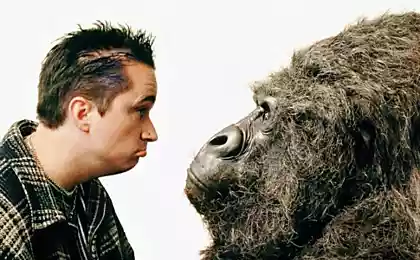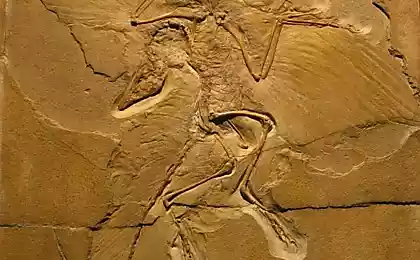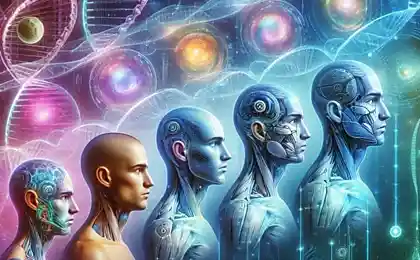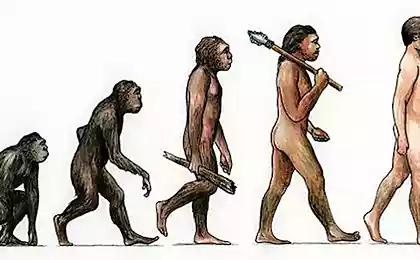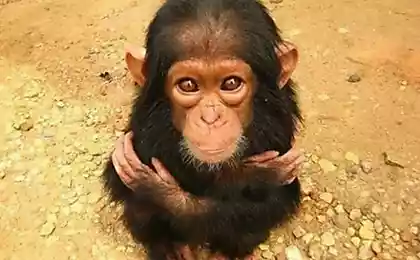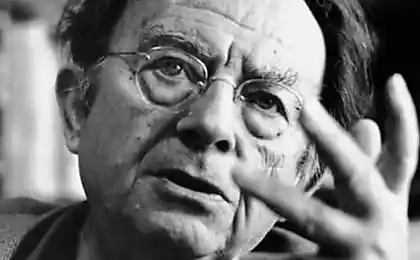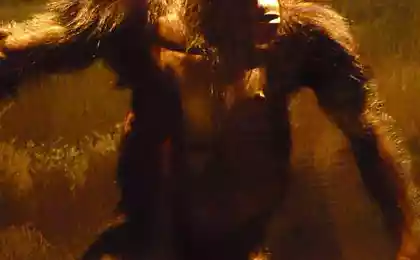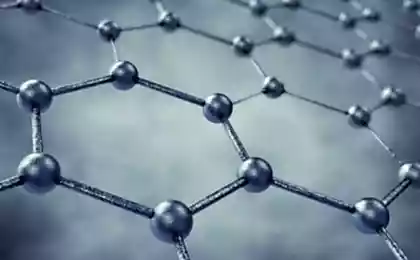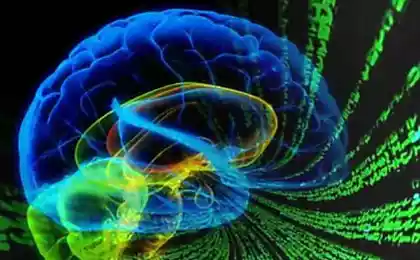660
Errors in the evolution of human development (11 photos)
It is believed that the human body is a perfect biological machine in which all the "details" carefully and wisely placed by nature to act as efficiently as possible. But if you look closely, it is easy to make sure that it is not so.
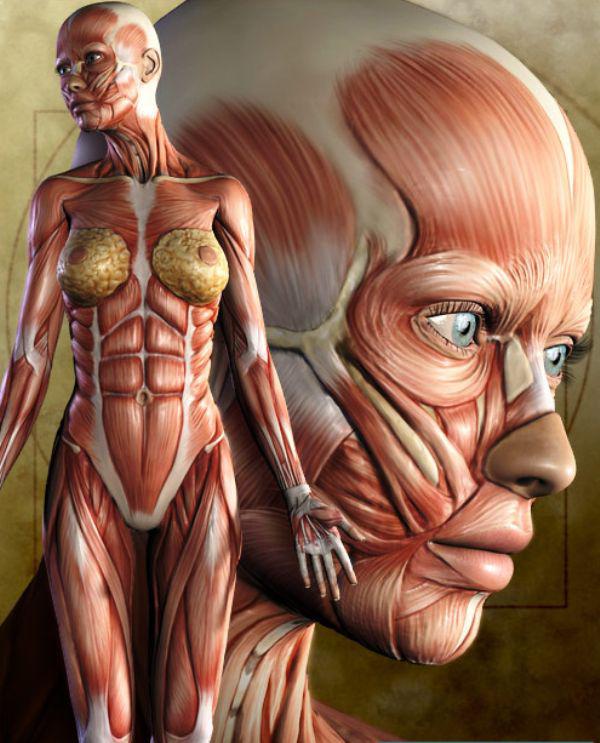
1. Dual function of the pharynx
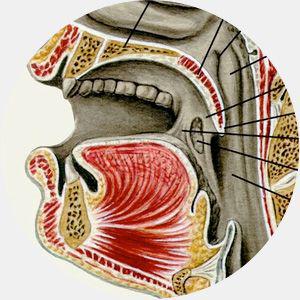
The fact that we use the same channel - pharynx - and eating and breathing, cost the lives of millions of people in history who died from accidental suffocation while eating.
2. Failure to the biosynthesis of vitamin C

Vitamin C is vital nebhodim - it plays a crucial role in the synthesis of collagen, as well as an antioxidant. However, humans (and primates, guinea pigs, some species of bats and birds) in the course of evolution have lost the ability to produce it on their own and forced to eat outside. Lack of vitamin C leads to a weakening of the immune system and, in severe cases, to scurvy.
3. Uncomfortable urinary passage in men
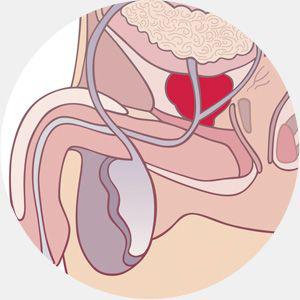
Urinary tract in a man run through the prostate rather than bend around it - as a result of swelling of the channel (for example, due to inflammation) blocks the sexual function.
4. The close proximity of the genitals and rectum outlet
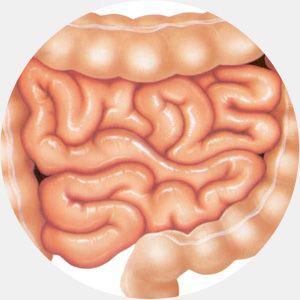
This "neighborhood" uncomfortable and unhygienic and leads to the spread of infections of the urinary tract and bladder, especially in women (remember, ladies, front to back).
5. The versatility of our genitals
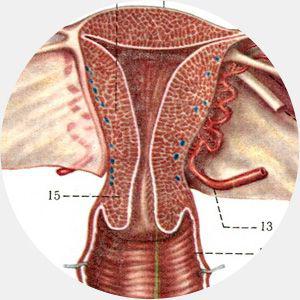
Using the same organs for excretion of waste and breeding, perhaps justified in terms of design, but gives a lot of trouble in the operation. For example, during intercourse the bacteria can get into the urethra, which leads to infection of the genital tract, chlamydia, and lots mikroplazmozu what else.
6. It is a narrow channel of childbearing
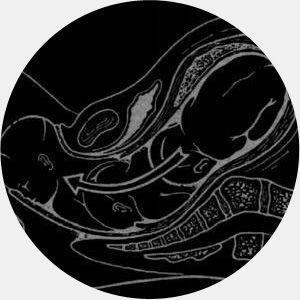
Births women occur quite painful - and all because Mother Nature has endowed human females too narrow birth canal. In addition to discomfort, this feature increases the risks anatomy birth trauma of mother and child. Apparently, excessive narrowness of the birth canal - a consequence of the rapid evolutionary leap from human chetvernogogo to biped.
7. Congestion spine
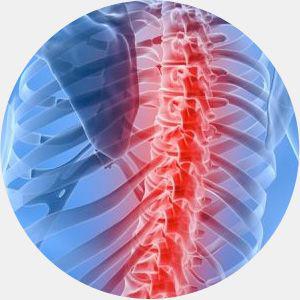
Evolution gave human bipedalism - walking upright and awarded him back problems. Paleontologist Bruce Latimer explains:
"When people began to walk upright, their spine has evolved to become more rigid and adapted, for example, climbing trees and rocks. However, to keep the body above the waist in an upright position, keep your head and do not interfere with fertility, the spine should be straight and bent forward as if lordosis, that is to have an S-shape. All that people are above the waist creates a pressure on the spine, which leads to stoop, bend, fatigue and back pain. Even if very good care of his back, the spine can easily operate year 40-50. »
8. Excessive ease of device human feet
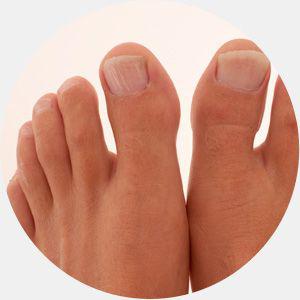
Anthropologist Jeremy DeSilva of Boston University said:
"Our feet contain so many" parts "because it had to be our primate ancestors to move through the tree branches. But as long as we are "down from the trees" and began to move on the hard ground, the foot is changed to become more sustainable. Opposable thumb stopped other fingers and arch began to work as a shock absorber. But the problem is that the legs still remains too many moving parts and bundles, whose role in the movement of modern man is not too important. As a result, we have such a "nice" things like stretching ankle, plantar fasciitis, broken ankle, and so on. N.
Much easier it would be the structure of the legs, like, for example, the ostrich - the ankle and lower leg bones he is a solid structure, and only two fingers, with they are really involved in the management of the movement. Why we do not have legs? Perhaps because human evolution is still too "young" - the owls get their feet about 230 million years ago, in the era of the dinosaurs, at the time, as a man walks upright just 5 million years. »
9. Knees is not very
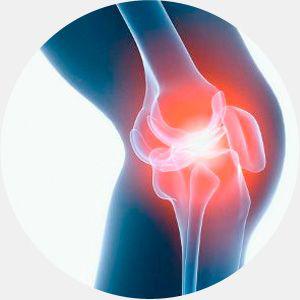
The reason is the same - as a result of an overload of bipedal locomotion, which complicates the functioning of the knee. We have to distribute your weight by only two limbs, leading to pain and arthritis.
10. Only one set of teeth
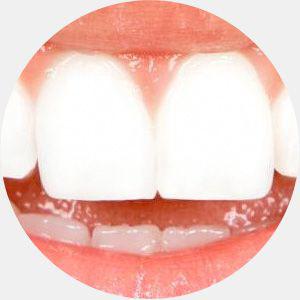
You only have one set of teeth for a lifetime - and the statistics you can save it in full years to a maximum of 35. The teeth are not updated - one more proof that evolution has appointed people to only one primary function: the birth of children and the (rather short ) the period of caring for them. And nothing more.

1. Dual function of the pharynx

The fact that we use the same channel - pharynx - and eating and breathing, cost the lives of millions of people in history who died from accidental suffocation while eating.
2. Failure to the biosynthesis of vitamin C

Vitamin C is vital nebhodim - it plays a crucial role in the synthesis of collagen, as well as an antioxidant. However, humans (and primates, guinea pigs, some species of bats and birds) in the course of evolution have lost the ability to produce it on their own and forced to eat outside. Lack of vitamin C leads to a weakening of the immune system and, in severe cases, to scurvy.
3. Uncomfortable urinary passage in men

Urinary tract in a man run through the prostate rather than bend around it - as a result of swelling of the channel (for example, due to inflammation) blocks the sexual function.
4. The close proximity of the genitals and rectum outlet

This "neighborhood" uncomfortable and unhygienic and leads to the spread of infections of the urinary tract and bladder, especially in women (remember, ladies, front to back).
5. The versatility of our genitals

Using the same organs for excretion of waste and breeding, perhaps justified in terms of design, but gives a lot of trouble in the operation. For example, during intercourse the bacteria can get into the urethra, which leads to infection of the genital tract, chlamydia, and lots mikroplazmozu what else.
6. It is a narrow channel of childbearing

Births women occur quite painful - and all because Mother Nature has endowed human females too narrow birth canal. In addition to discomfort, this feature increases the risks anatomy birth trauma of mother and child. Apparently, excessive narrowness of the birth canal - a consequence of the rapid evolutionary leap from human chetvernogogo to biped.
7. Congestion spine

Evolution gave human bipedalism - walking upright and awarded him back problems. Paleontologist Bruce Latimer explains:
"When people began to walk upright, their spine has evolved to become more rigid and adapted, for example, climbing trees and rocks. However, to keep the body above the waist in an upright position, keep your head and do not interfere with fertility, the spine should be straight and bent forward as if lordosis, that is to have an S-shape. All that people are above the waist creates a pressure on the spine, which leads to stoop, bend, fatigue and back pain. Even if very good care of his back, the spine can easily operate year 40-50. »
8. Excessive ease of device human feet

Anthropologist Jeremy DeSilva of Boston University said:
"Our feet contain so many" parts "because it had to be our primate ancestors to move through the tree branches. But as long as we are "down from the trees" and began to move on the hard ground, the foot is changed to become more sustainable. Opposable thumb stopped other fingers and arch began to work as a shock absorber. But the problem is that the legs still remains too many moving parts and bundles, whose role in the movement of modern man is not too important. As a result, we have such a "nice" things like stretching ankle, plantar fasciitis, broken ankle, and so on. N.
Much easier it would be the structure of the legs, like, for example, the ostrich - the ankle and lower leg bones he is a solid structure, and only two fingers, with they are really involved in the management of the movement. Why we do not have legs? Perhaps because human evolution is still too "young" - the owls get their feet about 230 million years ago, in the era of the dinosaurs, at the time, as a man walks upright just 5 million years. »
9. Knees is not very

The reason is the same - as a result of an overload of bipedal locomotion, which complicates the functioning of the knee. We have to distribute your weight by only two limbs, leading to pain and arthritis.
10. Only one set of teeth

You only have one set of teeth for a lifetime - and the statistics you can save it in full years to a maximum of 35. The teeth are not updated - one more proof that evolution has appointed people to only one primary function: the birth of children and the (rather short ) the period of caring for them. And nothing more.



